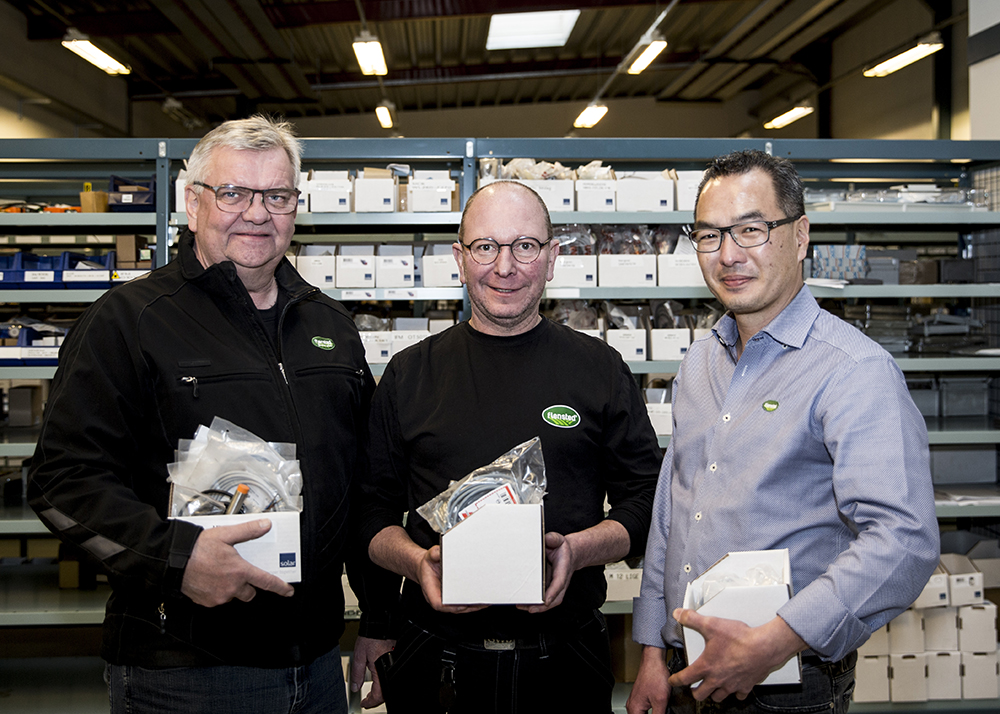The benefits are clear. We have cut back on suppliers, orders, deliveries and administration, which of course means significant financial savings.
Flensted, Denmark
Flensted Food Group is a Danish manufacturer of convenience food. It was founded in 1966 and employs 200 people. The group's head office and production facilities are based in Western Jutland.
The Danish food manufacturer, Flensted, has optimised its sourcing setup in partnership with Solar. Making Total Cost of Ownership (TCO) visible has led to more transparency and tighter control.
It all began with a phone call
Jes Christensen, Purchasing Manager at Flensted, was looking for a supplier for a new project. The technical support department needed to simplify procurement.
“As an example, we used to buy components from four different suppliers, but I was convinced that we could optimise that.”
In close collaboration with Flensted, Solar undertook a transparency analysis of the purchasing pattern for technical components. This provided Flensted with the opportunity to optimise its sourcing and handling setup, such as consolidating suppliers, improving master data and standardising products and brands.
“The benefits are clear. We have cut back on suppliers, orders, deliveries and administration, which of course means significant financial savings”, says Jes Christensen.
The next step was to implement a Smart Supply system to enable the 15 technicians to locate items and components in stock more easily.
“We had too many items in stock and bought products whenever we needed them – even though we probably had them already. We needed an overview,” the Purchasing Manager explains.
With a constant backup, the Smart Supply system ensures that Flensted never runs out of important products. The system is based on two bins containing the same items. When the first bin becomes empty, a new delivery will be on its way. Meanwhile, the technicians use the second bin.
“We now have transparency, which makes it easier for our employees”, he says.
Minimising downtime
An additional benefit is that the factory has kept downtime to a minimum. According to the Purchasing Manager, a breakdown can be very expensive; machines come to a standstill, goods for customers may be delayed, and products may go to waste because of their short shelf-life.
“Availability and a clear stock overview are essential to run a cost-optimised business with maximum efficiency and minimum cost. Flensted has a clear future strategy deeply rooted in a TCO mindset that ensures continued transparency and a structure for phasing in and phasing out products. Being in control in this way increases competitiveness in a competitive market”, explains Lars Lange, Head of Food and Beverage at Solar.
